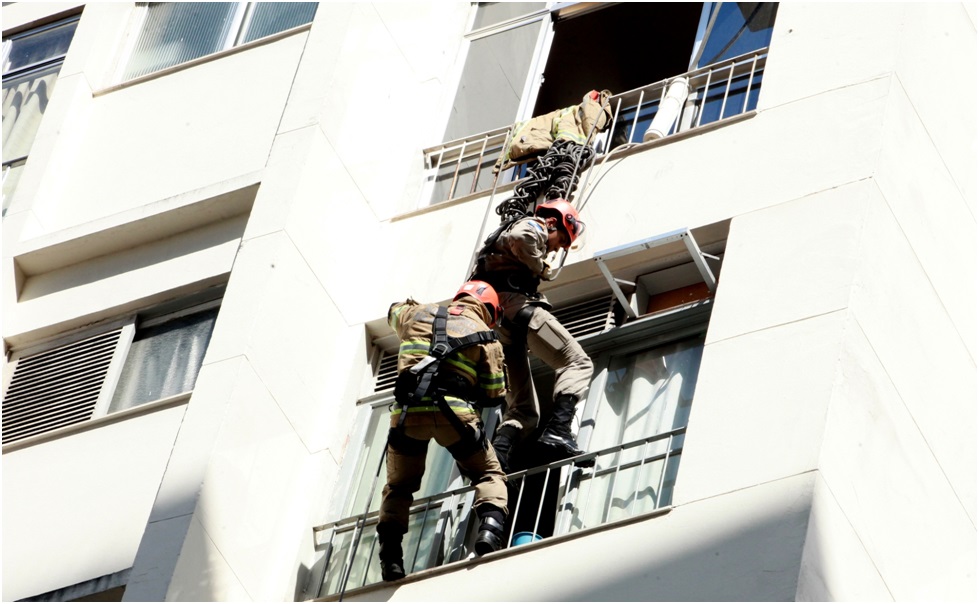If we’ve learned anything over the past few years, it’s that you never know when disaster will strike. From torrential downpours to earthquakes, wildfires, and pandemics, it’s important to take the necessary precautions to ensure your properties and tenants remain safe and secure during an emergency. Below, we’ll go over some essential emergency preparedness measures for California rental property owners.
Assess Potential Hazards
As a property owner, you should make a thorough assessment of your properties and understand what geographical features make it particularly at risk or vulnerable to natural disasters. This will help determine the potential safety measures or emergency procedures you’ll need to establish.
For example, if your property is located at the bottom of a hill, it may be more prone to flooding and have a higher risk of being impacted by landslides. On the other hand, if your property is located in a densely wooded area, it may be more vulnerable to wildfires.
Establish an Emergency Action Plan
Based on your findings, consider developing a comprehensive Emergency Action Plan (EAP) to help your tenants know how to evacuate or respond to an emergency.
This should be specific to the unique characteristics and features of your property. However, you might want to include evacuation routes, assembly points, and contact information for local emergency services. Make this available to all tenants, either as a digital format or printed and placed in all units.
Educate Tenants on Their Responsibilities
As the landlord, you have certain duties and responsibilities to keep your property and tenants safe. This includes creating an EAP, as discussed above, and ensuring your property meets local building codes to ensure fire, flood, and earthquake safety.
Additionally, you should help tenants understand what their responsibilities are in the event of an emergency, including understanding the emergency procedures and protocols, and keeping their own emergency supplies on hand, like flashlights, food, and water. Consider hosting community events or distributing pamphlets or digital resources to provide tenants with this information.
Keep Properties Stocked with Emergency Supplies
Equip your rental property with emergency supplies like fire extinguishers, first aid kits stocked with standard medical supplies, and water. Like we mentioned above, you may want to provide tenants with a checklist of essential items they should always have at home to stay prepared, such as:
- Personal hygiene items
- Non-perishable food
- Medications
- Portable radios
- Blankets
- Important documents
Encourage Sign-Ups for Emergency Alerts
Help your tenants get real-time alerts on emergency situations by encouraging them to sign up for free Wireless Emergency Alerts systems. Rather than trying to relay information to your tenants on your own, this ensures they get the reliable updates they need to take life-saving measures in the event of an emergency.
–
Written by Bailey Schramm






